 International. The HVAC controls market was valued at $11.71 billion in 2017 and is expected to reach $27.04 billion by 2023, at a CAGR of 12.1% during the forecast period. The base year considered for the study is 2017, and the forecast period is between 2018 and 2023.
International. The HVAC controls market was valued at $11.71 billion in 2017 and is expected to reach $27.04 billion by 2023, at a CAGR of 12.1% during the forecast period. The base year considered for the study is 2017, and the forecast period is between 2018 and 2023.
Growing Construction Market Drives Adoption of HVAC Controls
The demand for HVAC equipment is increasing due to the booming construction sector worldwide. Increasing urbanization in APAC developing countries has created a high demand for HVAC equipment. For example, upcoming projects in India related to smart cities, bullet trains, and infrastructure development are driving the growth of the market of the analyzed market in this country. Population growth and urbanization are driving the HVAC equipment market and eventually the HVAC controls market.
An increasing number of public-private partnership (PPP) projects are boosting the construction sector in the Middle East. The Tarif International Airport construction project in Saudi Arabia is an excellent example of a PPP project, which includes the construction of the airport to serve 5 million passengers a year. Several construction projects are being implemented in Qatar due to the 2022 FIFA World Cup. Construction projects suspended in the UAE due to the global economic crisis have fully recovered. Such a boom in the construction sector is fueling the demand for HVAC equipment, thus driving the HVAC to control the growth of the market.
Lack of awareness about the benefits of HVAC controls
Global warming and energy savings have become major issues that need to be managed globally. However, awareness about the use of effective HVAC systems and controls is low. The implementation of HVAC in residential buildings in developed countries is high; however, due to the high cost associated with HVAC implementation, adoption is low even though the environmental benefits are high. The installation of an HVAC system in a building is part of a subcontract awarded to a specialized company by contractors.
The study notes, however, that most outsourcing companies lack technical expertise and also have the problem of financial budget, leading to the implementation of ineffective climate control systems and controls. In addition, with respect to HVAC control contractors, there is a lack of awareness about HVAC standards.
Residential HVAC construction companies are unaware of the latest SEER standards, which would ultimately hamper their business. These factors are hindering the adoption of HVAC controls, leading to the installation of HVAC equipment with manual operating systems. However, governments support the adoption of HVAC control systems by providing tax credits and implementing regulations and standards.
Increasing Adoption of Smart Devices in HVAC Controls Market
The continuous development of technologies and rapid innovation in various devices have increased customer interest towards the use of devices such as smartphones in HVAC. The inability to understand the technicality of devices and manage HVAC systems in a building has given rise to the concept of smart devices such as phones, thermostats, and smart meters. In the case of commercial buildings, smart devices help collect information in the cloud architecture and send it to a building's facilities manager (FM); This allows the FM to optimize energy consumption in the building. The trend of remotely handling HVAC controls in a residential building has increased due to the high use of smartphones.
Applications of the aforementioned devices in commercial buildings allow operators to collect data over time and optimize energy consumption. Using the Wi-Fi thermostat and programmable thermostat via smartphones helps manage and save energy. Honeywell, Emerson, Venstar, Danfoss. and Rheem Manufacturing Company are some of the companies developing smart devices, including the color touch thermostat and voice-activated thermostat.
Source: MarketsandMarkets.




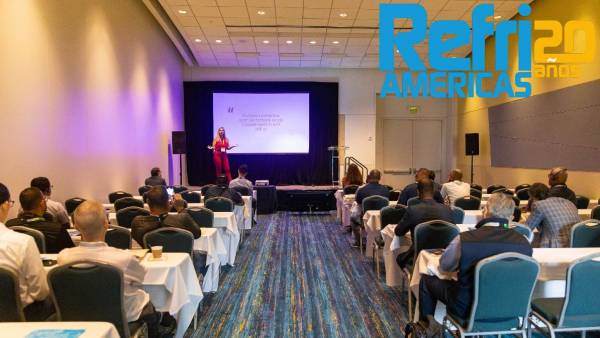



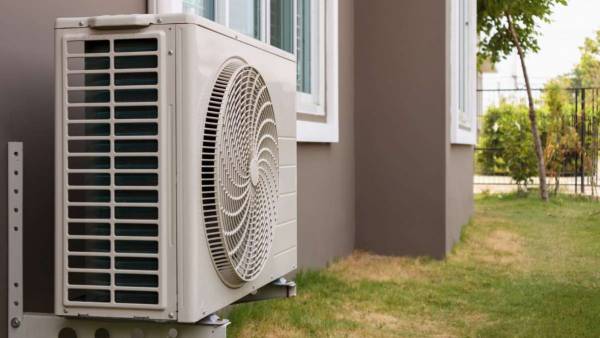
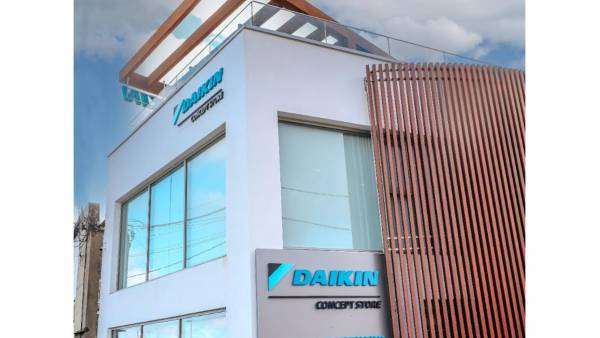
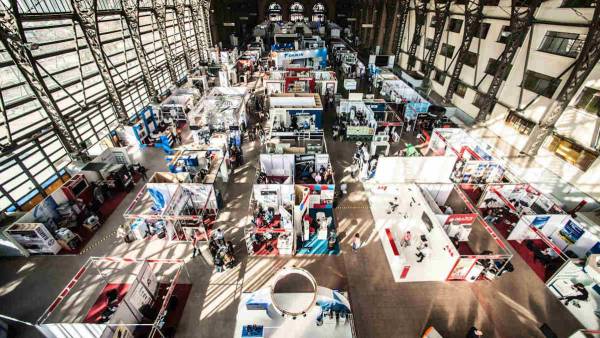



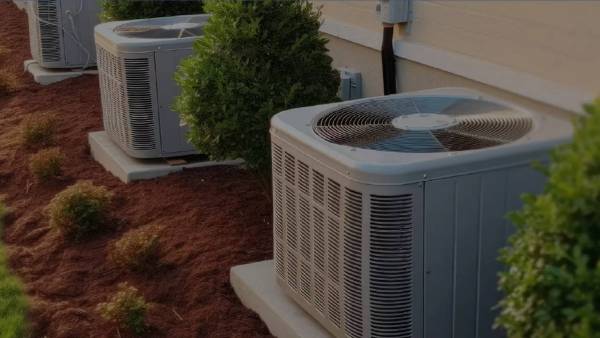










Leave your comment